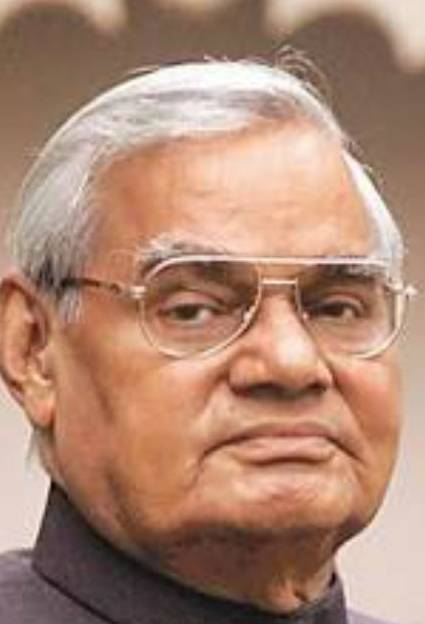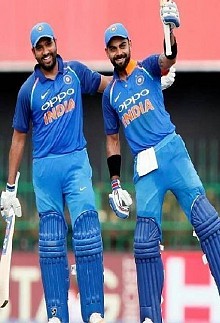WHY ATAL BIHARI VAJPAYEE WAS ONE OF THE FINEST PRIME MINISTERS OF INDIA
Home > News Shots Columns
Political opponents including the likes of Congress President Rahul Gandhi and Trinamool Congress Chief Mamata Banerjee making a beeline to visit a prominent politician who had admittedly seen better days is often viewed as an extension of political goodwill in a country that boasts itself to be the biggest democracy in the world, but what makes the life and subsequent death of India's oldest living Prime Minister Atal Bihari Vajpayee until his death, unique, is the fact that he belonged to the rare breed of politicians who commanded love and respect transcending political boundaries.
Someone being an active part of a highly controversial social organisation such as the Rashtriya Swayamsevak Sangh (RSS) is often viewed with scepticism considering the communal turn the Sangh decides to give to many a mundane event, but Vajpayee turned out to be an exception to the rule, particularly in his efforts to reach out to Pakistan post the mammoth debacle called the Kargil war, the wounds of which have healed with time but the scars remain.
One of the major colossal battles that Vajpayee waged was when he pipped LK Advani to be the prime ministerial candidate of the BJP, of which he was a founding member of and helped consolidate the same when the Janata Government collapsed in 1980. It's no open secret that Advani fancied himself to be a probable Prime Minister of the country but fate had other plans with Narendra Modi succeeding Vajpayee to become the successor from the national party to helm the country in 2014 after a good 10 years had passed with Manmohan Singh sticking to a strong but questionable regime, particularly towards the end when the UPA government was fraught with corruption issues. Blame it on the 2002 Gujarat riots debacle.
Even Vajpayee didn't come unscathed as far as the Gujarat riots were concerned. His government or rather he admitted to lapses in administration, which would cost him dearly, the 2004 general elections being a case in point.
A man who lived in a modest apartment sans luxuries befitting the office of a Prime Minister, pretty much approachable by the press, wasn't sans controversies. His handling of the Indian Airlines flight hijack from Kathmandu to Delhi came in for much criticism. But the poise he exhibited during the Kargil war resurrected him. He plainly refused Bill Clinton's (the then President of the United States) peace broker deal and his efforts lead to India capturing 70 per cent of the infiltrated territory.
Among the hardships, he had endured was the jail arrest during the Indira Gandhi's emergency regime during 1975 to 1977. And amongst the laurels, he had received was bringing to fore, India's nuclear expertise, which didn't escape its fair share of criticism. For the uninitiated, India conducted five underground nuclear tests in Pokhran desert in Rajasthan, 24 yrs after India conducted its first nuclear test (Smiling Buddha) in 1974, in May 1998. Labelled Pokhran-II, the tests were held just a month after the government had been in power. In retaliation, two weeks later, Pakistan responded with its own nuclear tests making it the newest declared nation with nuclear weapons.
Another achievement worthy of mention was the mooting of the Golden Quadrilateral in 2001, a highway network connecting many of the major industrial, agricultural and cultural centres of India including the likes of metropolitan cities like Chennai, Delhi, Mumbai and Kolkata, which wasn't completed much later until 2012.
Quitting politics in 2009 owing to ill health, Vajpayee till the end remained a bachelor, a connoisseur of good poetry and arts but nevertheless not ceasing to be one of the finest Prime Ministers the country has ever had. Rest in peace, Maestro, for our lives would never be the same again.
Behindwoods is not responsible for the views of columnists.


